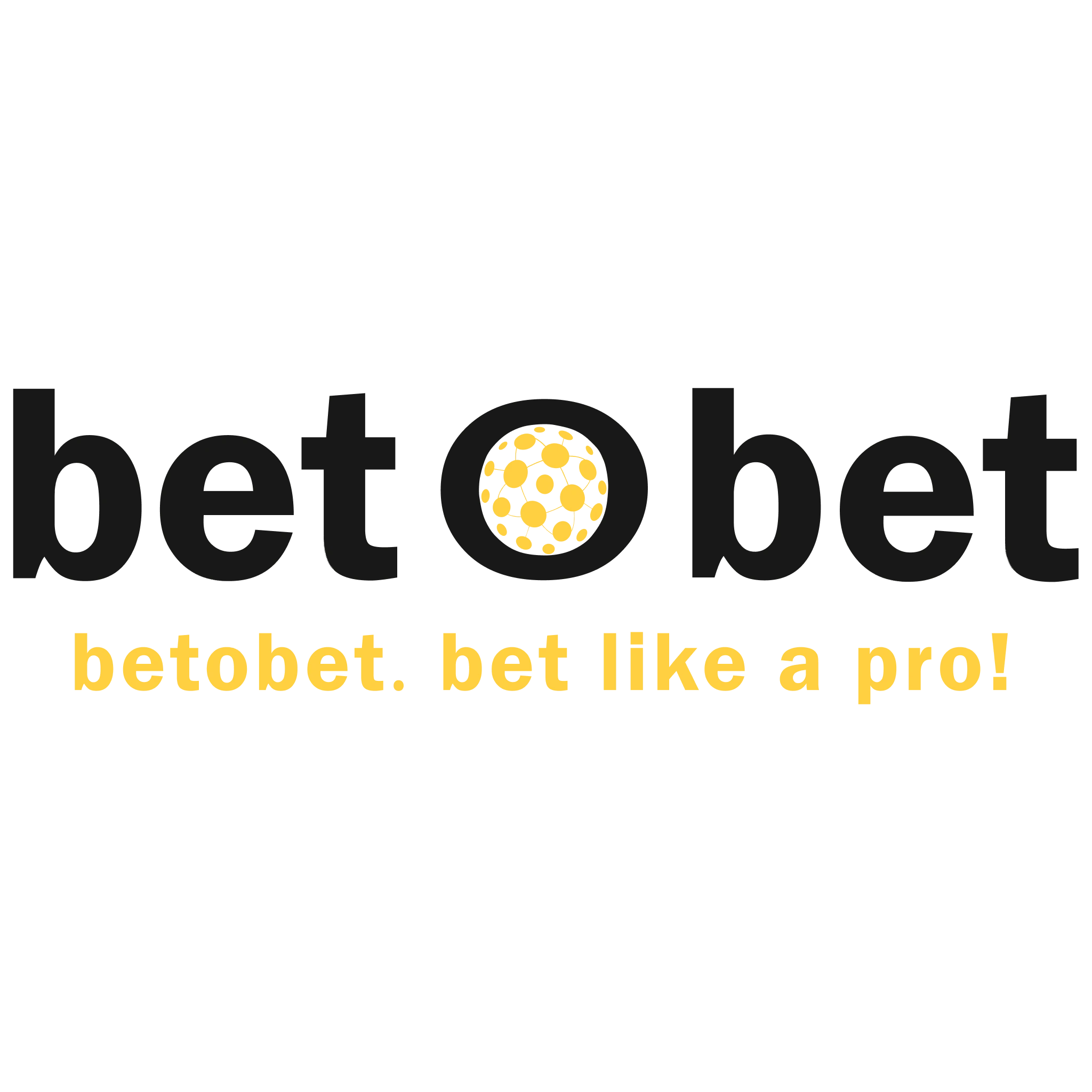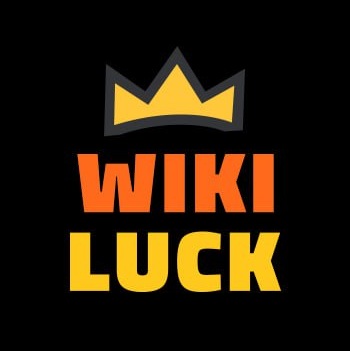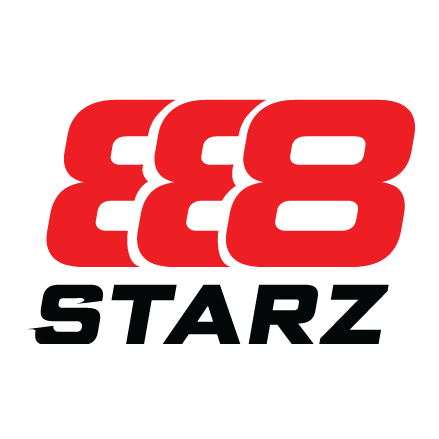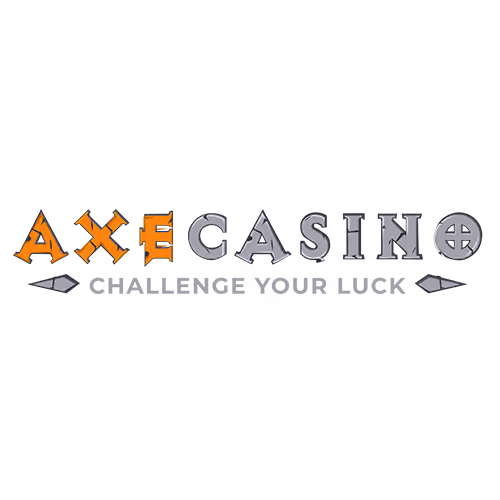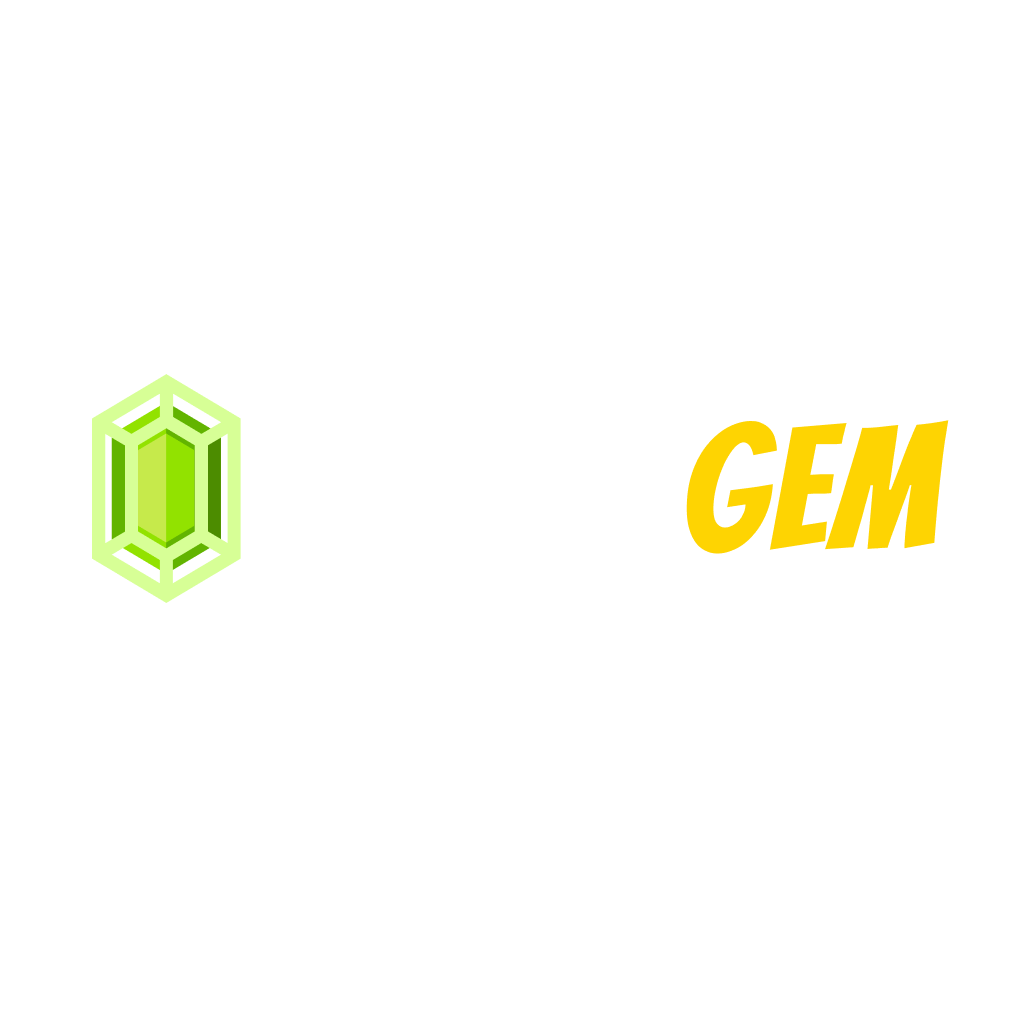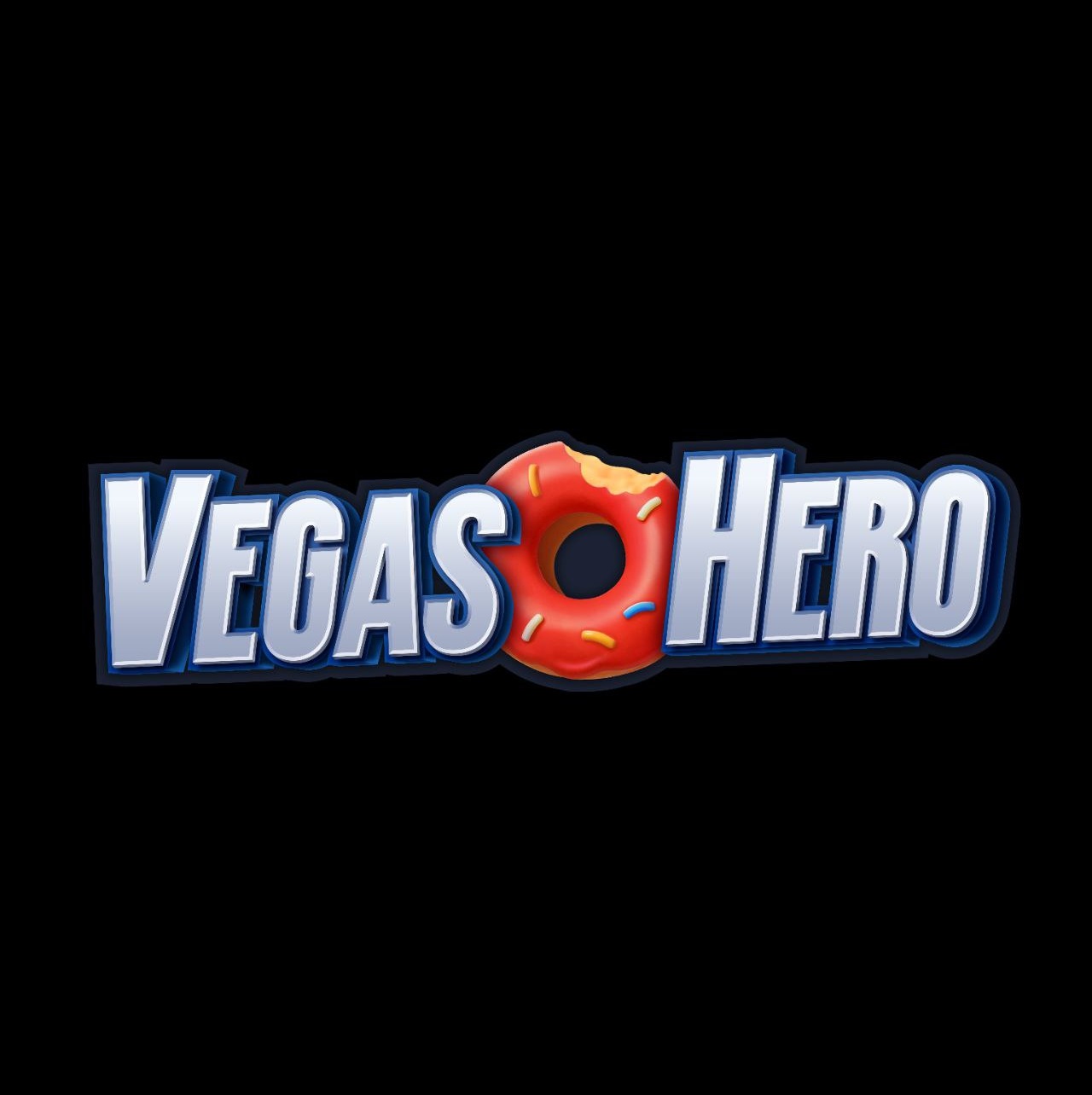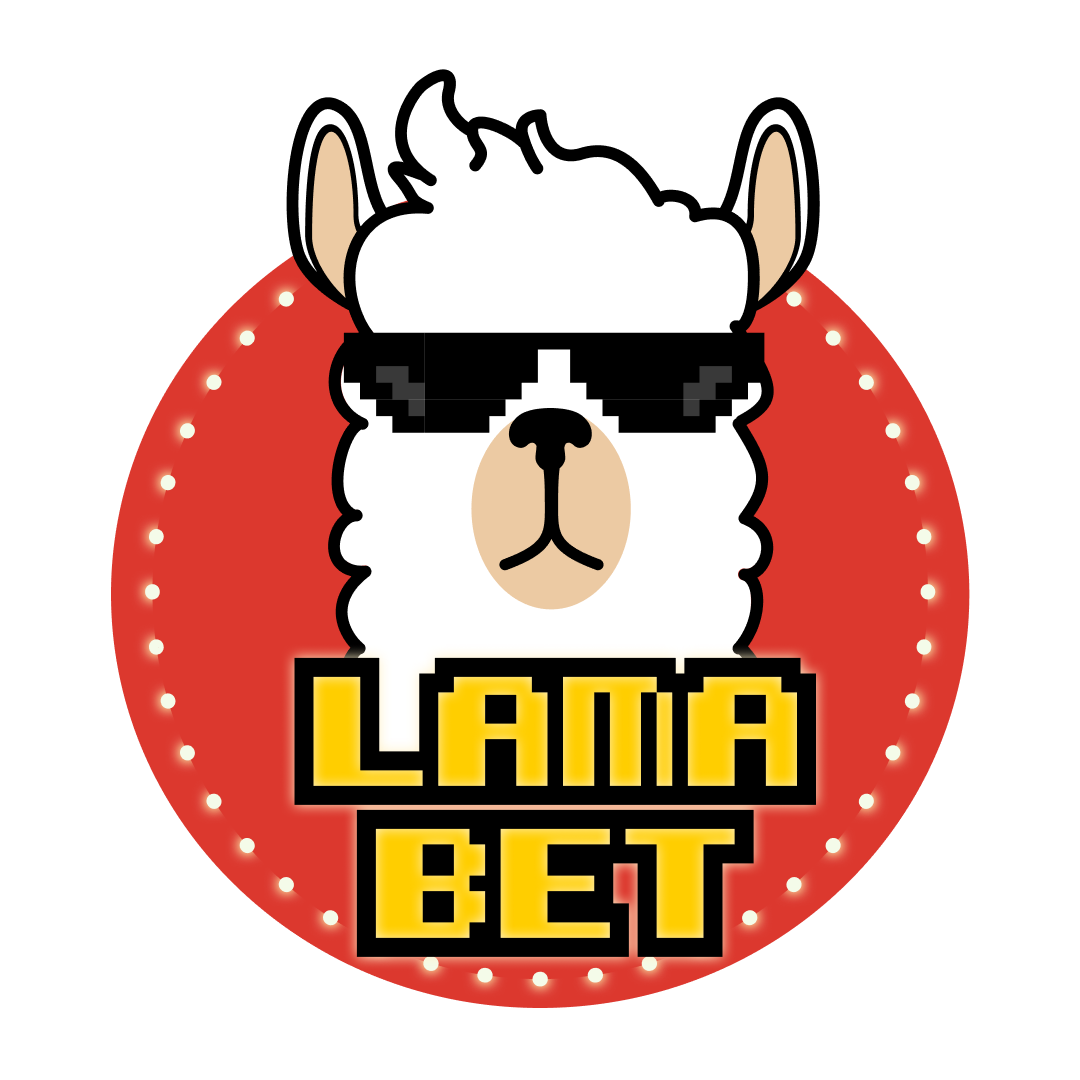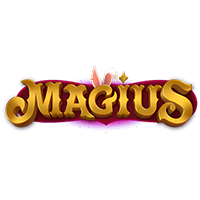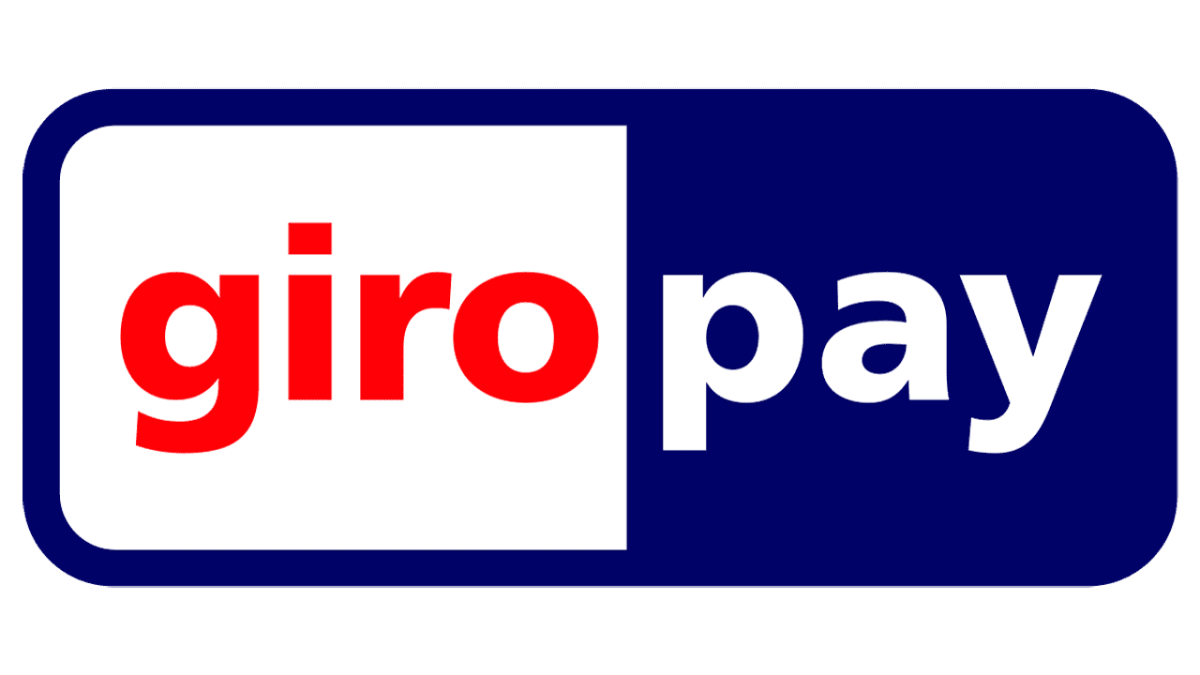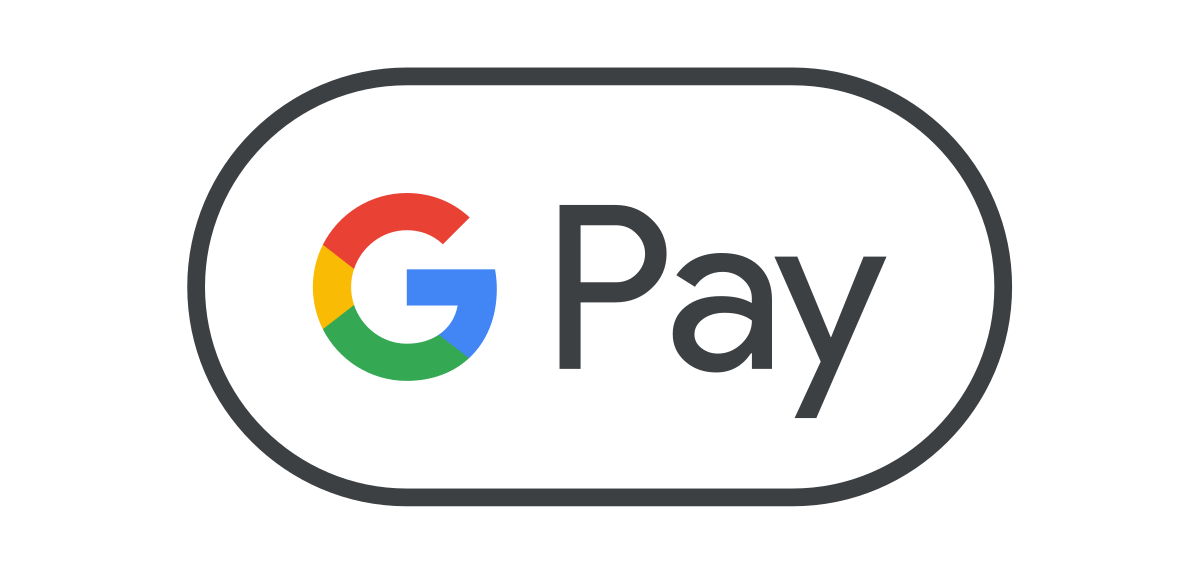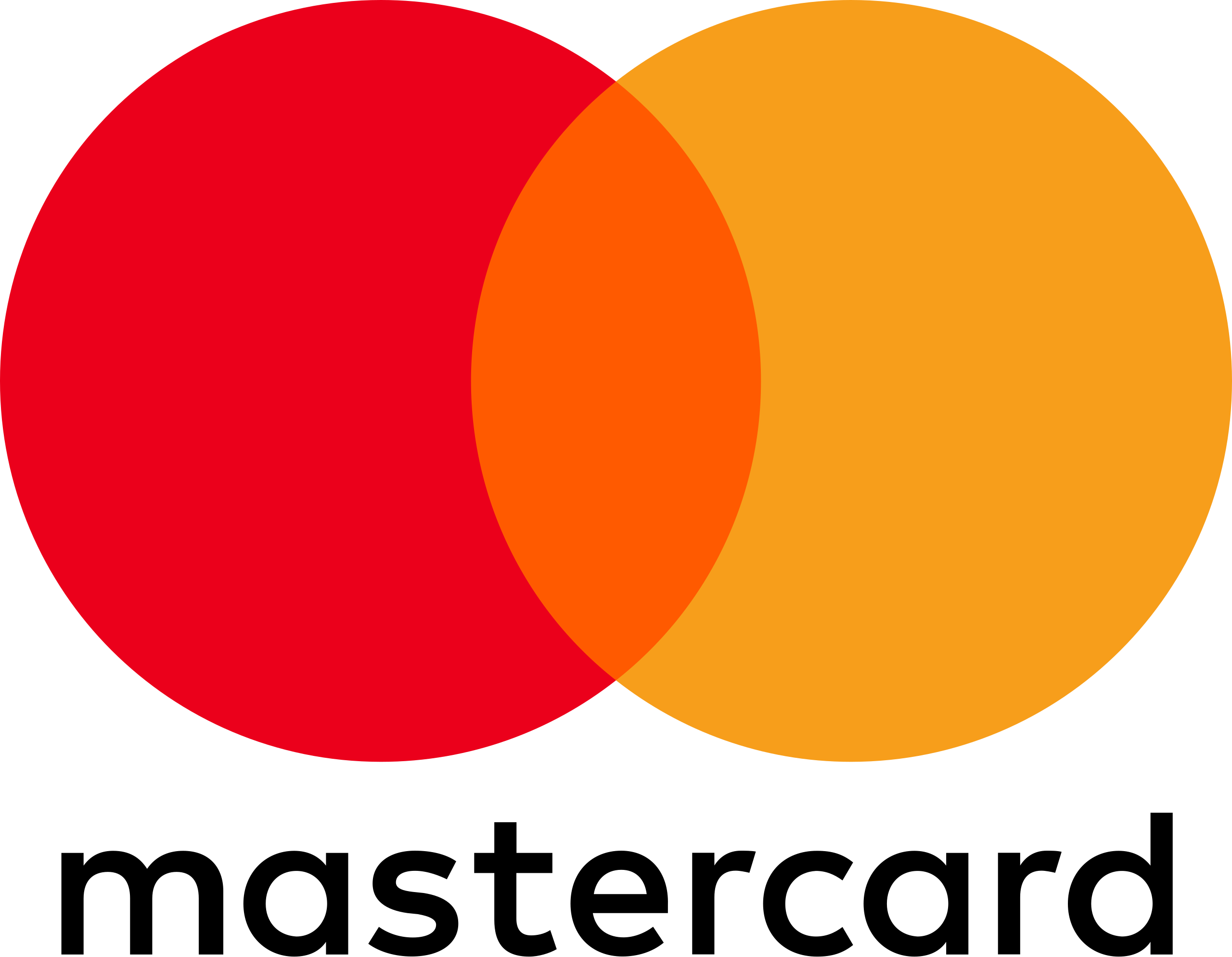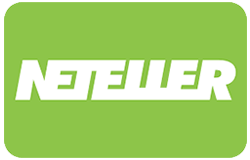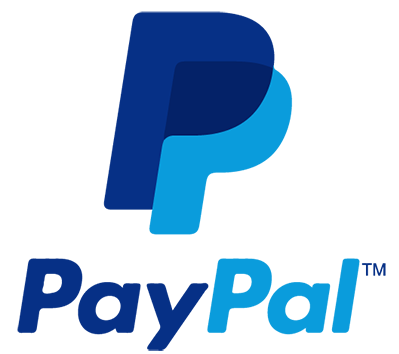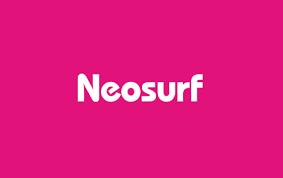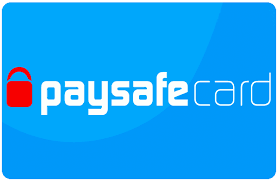Honestly, the online casinos in Canada landscape has changed more in the last three years than in the previous decade combined. Ontario got its regulated market, offshore sites adapted (or didn’t), payment methods evolved, and suddenly everyone’s got an opinion on which casinos are “legit” versus which ones are just flashy landing pages with sketchy withdrawal terms. I’ve been testing these sites with real money since 2018, and what I’ve learned is this: the best casinos aren’t always the ones with the biggest welcome bonuses or the fanciest graphics – they’re the ones that actually pay you when you win, don’t bury terms in legal jargon, and treat Canadian players like humans instead of walking wallets.
Ranking the best Canadian online casinos
When I rank online casinos in Canada, I’m not just checking if they accept CAD or list Interac in the cashier. I’m depositing real money, playing through bonuses, testing withdrawals at weird hours, and seeing if customer support actually knows what they’re talking about when things go sideways. The casinos below passed those tests – they processed Interac withdrawals in under 48 hours, didn’t invent bonus violations out of thin air, and answered support questions without copypasting generic responses.
These aren’t perfect casinos – no such thing exists – but they’re ones where the math works, the terms are transparent, and withdrawal friction is minimal. If a site claims “instant payouts” but takes 5 days to verify documents they already have, it’s not here. If bonuses have 60x wagering on deposit plus bonus buried in paragraph seven of the T&Cs, also not here. Simple standard: would I recommend it to my buddy who just wants to play some blackjack on Friday nights without getting screwed? If yes, it’s on the list.

How I actually pick casinos worth recommending
Testing casinos isn’t glamorous – it’s tedious verification checks, spreadsheets tracking withdrawal times, and way too many conversations with support agents who clearly don’t want to be there. But after seven years of this, patterns emerge. The casinos that respect Canadian players do certain things consistently, and the sketchy ones always trip up on the same stuff. Below is the actual process, not the sanitized marketing version.
- Review philosophy: Player experience over flashy marketing
Look, I don’t care if a casino has a sleek landing page with animated slot reels if their withdrawal process is deliberately confusing. My core principle: does this casino make it easy to deposit, fair to play, and straightforward to withdraw? If any part of that trinity is broken, it doesn’t matter how good the welcome bonus looks. I’ve seen too many casinos with 200% matches and 60x wagering on deposit plus bonus to fall for headline numbers anymore. - Testing duration: 30–45 days minimum, usually longer
First impressions lie. A casino might process your first $200 withdrawal in 24 hours to build trust, then stall your $800 cashout for a week with document requests they could’ve asked for initially. That’s why I test over 30–45 days minimum – multiple deposits, multiple withdrawal amounts, different times of day, different payment methods. Patterns only show up with repetition. One smooth transaction doesn’t mean the casino’s solid; consistency does. - Registration & KYC: Reasonable verification, not interrogation
Every licensed casino needs to verify identity – that’s not negotiable, it’s anti-money laundering law. But there’s a difference between “upload your ID and a utility bill” versus “send us your birth certificate, three months of bank statements, a notarized letter explaining your employment, and a blood sample.” Good casinos verify documents within 24–48 hours. Sketchy ones sit on verification for a week, then reject documents for vague reasons, forcing resubmissions that conveniently delay your withdrawal. I track verification timelines religiously. If a casino takes longer than 72 hours to approve standard docs (ID, proof of address), that’s a red flag. - Deposits: Instant crediting and transparent fees
Canadian players mostly use Interac e-Transfer, and it should work flawlessly – email transfer, confirm, funds appear in casino balance within 15 minutes max. I test this at different times (Tuesday morning, Saturday night, 2am on a Thursday) because some casinos have “instant deposits” that mysteriously slow down outside business hours. Also checking: are there hidden fees? Does the casino add a “processing charge” not mentioned in their banking page? Do minimum deposits match what’s advertised, or is there fine print saying “Interac minimum $30 despite site claiming $10”? - Withdrawals: The real test of any casino
This is where casinos show their true colours. I track four things: processing time (how long until status changes from “pending” to “approved”), actual payout time (when money hits my bank account), whether they honour their stated limits (site says $5,000 weekly max – do they actually allow that or invent reasons to cap you lower?), and reversal periods (can you cancel pending withdrawals? Some casinos use 48-hour reversal windows hoping you’ll gamble funds back). Best Canadian casinos process Interac withdrawals in 24–48 hours. Anything beyond 72 hours without extraordinary circumstances? Problem. Also, I attempt at least three withdrawals per casino – small ($100–200), medium ($500–800), and larger ($1,500+) – because some casinos treat different amounts differently. Shady operators pay small amounts quickly but stall bigger cashouts. - Bonuses: Math, terms, and realistic clearing requirements
A 100% match up to $500 with 30x wagering on bonus only is objectively better than 200% up to $1,000 with 40x wagering on deposit plus bonus, even though the second sounds more generous. I calculate effective wagering requirements, check game contributions (do table games count? At what percentage?), verify maximum bet limits while bonus is active (often $5/spin – exceed it and they void everything), confirm if withdrawals forfeit active bonuses, and read dispute stories to see if casinos invent violations. Example: last year tested a casino claiming 35x wagering. Cleared it after grinding $8,750 in bets (35x on $250 bonus), requested withdrawal, got told wagering was actually on deposit plus bonus so I needed $17,500. Terms were ambiguous enough they could claim both interpretations. That casino’s not on my list. - Game selection: Variety, RTPs, and provider legitimacy
Quantity doesn’t equal quality. A casino with 3,000 slots sounds impressive until you realize 2,400 are reskins of the same mechanics from no-name providers. I check for reputable developers (NetEnt, Microgaming, Pragmatic Play, Evolution for live dealer), verify RTPs are published and match industry standards (most slots 95–97%), confirm games aren’t pirated (legit providers publish partner lists – if casino claims NetEnt games but isn’t on NetEnt’s site, red flag), and test if games actually load smoothly on mobile. Also important: are progressive jackpots real and tracked properly? I’ve seen fake “jackpot” counters that aren’t connected to actual prize pools. - User experience: Can my mom navigate this without calling me?
If a casino’s interface is so confusing that finding the cashier requires three menu clicks and a treasure map, that’s a design problem. I evaluate: is the cashier easy to locate? Are limits and fees displayed before you confirm deposits? Can you filter games by provider or type? Does search actually work? Is mobile experience comparable to desktop or a buggy afterthought? How many clicks to withdraw – two (reasonable) or seven (deliberately friction-heavy)? Good UX isn’t flashy; it’s invisible. You shouldn’t notice it because everything just works. - Security & licensing: Verify everything, trust nothing
Every casino claims to be “licensed and secure.” I verify licenses directly through regulator databases – Malta Gaming Authority has a public register, Curaçao licenses can be validated through specific links, Ontario’s AGCO publishes approved operators. If a casino displays a license seal that doesn’t link anywhere or the license number doesn’t verify, that’s a fake. I also check SSL certificates (should be valid and current), privacy policies (who has access to your data?), responsible gaming tools (can you set deposit limits, self-exclude easily?), and whether the casino has public complaints with regulators. MGA publishes enforcement actions – multiple sanctions mean pattern problems. - Customer support: Competence under pressure
I don’t just test if support responds – I test if they’re useful. Questions I ask: “What’s your exact withdrawal processing time for Interac?” (vague answers like “shortly” are useless), “If I deposit with a credit card, can I withdraw to it?” (tests payment knowledge), “What happens if I exceed max bet during bonus play?” (tests if they know their own terms), “I submitted documents 48 hours ago, why aren’t they verified?” (tests accountability). Good support answers specifically, doesn’t copypaste generic responses, and escalates to supervisors when they don’t know something rather than guessing. I test at different hours including late nights and weekends – if “24/7 support” means live chat vanishes after 10pm, that’s false advertising. Also checking: email response times (good casinos respond within 24 hours), phone support availability for Canadians (some list phone numbers that don’t work from Canada), and whether they actually resolve issues or just apologize without fixing anything. - Who’s doing the reviewing: Humans with skin in the game
This isn’t a team of freelancers rewriting press releases. I’m the primary tester – I’ve been doing this since 2018, spent somewhere north of $30,000 of my own money testing casinos (some recovered through winnings, much not), and I’m obsessive about documentation. My team includes two other Canadian players who test independently and compare notes. We don’t accept payment from casinos for reviews (kills credibility instantly), we fund our own test deposits, and we track everything in shared spreadsheets so there’s accountability. If I say a casino processed a withdrawal in 36 hours, that’s documented with timestamps. If I say support was unhelpful, I have chat transcripts. Opinions can be biased; data less so.
Kicker: this process isn’t fast. Testing one casino properly takes 30–45 days minimum, costs $200–500 in test deposits (some recovered, some not), and generates pages of notes that get condensed into rankings. But it’s the only way to know if a casino actually works for Canadian players versus just marketing to them. The casinos on this site passed these tests. The hundreds that didn’t? They’re not here, regardless of how much they spent on Google ads.
Pros and cons of playing at online casinos
Look, I’m not going to sugarcoat this – online gambling isn’t for everyone, and pretending it’s all upside would be dishonest. There are legitimate benefits that make it appealing to millions of Canadians, but there are also real risks that can mess up your finances, mental health, or both if you’re not careful. Below’s the honest breakdown – not the sanitized PR version casinos want you to read, but what actually happens when real people play with real money.
✅ Pros:
- Convenience and accessibility – Play from your couch at 2am in pajamas instead of driving to Fallsview or River Rock. No dress codes, no travel costs, no waiting for machines. Open your laptop or phone, log in, play. For people in rural areas hours from physical casinos, this matters hugely. Also means you can set strict time limits – play 30 minutes, close browser, done. Harder to do that when you’ve driven 90 minutes and paid for parking.
- Better odds and RTPs than land-based casinos – Online slots typically return 95-97% to players over time versus 88-92% at physical casinos. Table games have tighter house edges online too. That 4-5% RTP difference compounds significantly over thousands of spins. If you’re gambling anyway, better math makes sense. Kinda like choosing the grocery store with better prices – same products, less money wasted.
- Bonuses, promotions, and loyalty rewards – Physical casinos offer comps (free buffets, hotel stays) but only for high rollers. Online casinos shower everyone with welcome bonuses, reload offers, cashback, free spins. Yes, wagering requirements exist, but even accounting for those, you’re getting extra value you wouldn’t at Caesars Windsor. I’ve cleared $200-500 from bonuses multiple times – that’s real money I wouldn’t have otherwise.
- Massive game selection – thousands of titles – Physical casinos might have 500-1,000 slot machines. Online? Try 3,000-5,000 games from dozens of providers. Every theme imaginable, every volatility level, every betting range. Want to play $0.10 spins on Book of Dead at 3am? Done. Want high-limit European Roulette with $5,000 max bets? Also available. That variety means you find games matching your risk tolerance and entertainment preferences instead of settling for whatever’s available.
- Faster gameplay and no waiting – At physical casinos, you wait for other players, wait for dealers, wait for machines. Online? Click spin, immediate result, next spin. Hand of blackjack takes 15 seconds versus 2-3 minutes live. This cuts both ways (more on that below), but if your time’s valuable, efficiency matters. Also no awkward small talk with strangers at your table or drunk guy spilling beer on you.
- Privacy and anonymity – Your coworkers won’t see you at Casino Rama on a Tuesday afternoon. Your family won’t judge your gambling if it’s not visible. Banking’s private too – Interac transfers don’t say “CASINO” on statements like they might with physical locations. For people who gamble recreationally but don’t want it broadcast, this matters. Also safer in terms of physical security – no carrying cash winnings through parking lots at 1am.
- Mobile compatibility – play anywhere – Stuck in a waiting room? Boring Zoom meeting? (Don’t do this, but people do.) Long commute on transit? Pull out phone, play a few spins, put it away. Physical casinos require dedicated trips; online casinos fit into life’s gaps. Whether that’s good or bad depends on self-control, but flexibility exists.
- Lower betting minimums – Physical casinos often have $5-10 slot minimums, $15-25 table minimums. Online? Bet $0.10 per spin, play blackjack for $1 hands. Makes gambling accessible to casual players who can’t afford $25 minimum bets but still want entertainment. Also better for bankroll management – smaller bets mean longer play sessions with same budget.
❌ Cons:
- Addiction risk is significantly higher – This is the big one. When casinos are literally in your pocket 24/7, accessible in seconds, temptation’s constant. Physical casinos require effort to reach – that friction creates natural pauses. Online? One more spin is always one click away. I’ve watched friends go from “playing for fun” to “checking balances at work obsessively” to “hiding deposits from partners” in months. The convenience that’s a pro becomes a trap when you can’t stop. And algorithms are designed to keep you playing – auto-spin features, quick spins, seamless gameplay. It’s engineered to be frictionless, which is dangerous for anyone prone to compulsive behavior.
- Easy to overspend without physical money – Chips at physical casinos are tangible – you see your stack shrinking. Online balances are just numbers on a screen. That psychological disconnect makes overspending easier. I’ve blown $300 in 20 minutes online without really processing it. Same $300 in cash at a physical casino? I’d feel every $20 leaving my wallet. Digital money doesn’t trigger the same “stop, you’re spending too much” response in brains. Pair that with instant Interac deposits and there’s zero friction between “I’m down $200” and “deposit another $200 right now” decisions made while tilted.
- Scam sites and unlicensed operators – Physical casinos are regulated, visible, accountable. Online? Thousands of sites, many unlicensed or barely regulated, some outright scams. Players deposit, win, request withdrawal, get ghosted. Or terms violations get invented to void winnings. Or withdrawals process so slowly players reverse them and lose the money back (deliberately designed friction). Finding trustworthy sites requires research most people don’t do. They see a flashy ad, deposit, then discover problems only when trying to cash out. That’s why this site exists – to separate legit operators from predatory ones – but most players don’t know to check.
- Withdrawal delays and verification hassles – Physical casinos pay instantly – cash out chips, walk out with money. Online casinos have processing times (24 hours to 7 days), verification requirements (upload ID, proof of address, sometimes more), and sometimes deliberately slow processes hoping you reverse withdrawals. I’ve had legitimate KYC take 10 minutes at good casinos and 2 weeks at shady ones for identical documents. That uncertainty creates stress and sometimes causes players to gamble winnings back while waiting. It’s a psychological trap.
- Lack of social interaction and atmosphere – Some people gamble for the social experience – meeting people, table banter, the casino environment. Online’s solitary. You’re alone with a screen. For social gamblers, that’s a significant downside. Also means no free drinks, no comp meals, no human connection. Whether that matters depends on what you value about gambling, but it’s a real tradeoff.
- Technical issues can disrupt play – Internet drops mid-spin, software glitches, browser crashes – all happen. Usually casinos restore sessions, but sometimes bets are lost or winnings disputed. At physical casinos, if a machine malfunctions, floor staff handle it immediately. Online? Submit ticket, wait hours/days for response, maybe get resolution, maybe don’t. Technical reliability varies by casino and your own internet quality.
Bottom line? Online casinos offer convenience, value, and variety that physical gambling can’t match. But they also lower barriers to problem gambling significantly, create opportunities for scams, and remove the natural friction that helps some people self-regulate. If you’ve got solid self-control, set strict budgets, only play at vetted sites, and treat gambling as entertainment with money you can afford to lose completely – online casinos are fine, even enjoyable. If you have addictive tendencies, struggle with impulse control, chase losses, or hide gambling from loved ones? The accessibility of online casinos makes them legitimately dangerous. Know yourself honestly before playing, set hard limits (deposit caps, time limits, loss limits), and use tools like self-exclusion if needed. This isn’t moralistic preaching – it’s pattern recognition from watching people’s gambling go from recreational to destructive when convenient access meets poor self-regulation.
Types of online casinos Canadians actually use
Not all online casinos are created equal – some are designed for specific needs, others for regulatory compliance, and a few exist purely because operators found loopholes. Below’s a breakdown of the main casino types Canadian players encounter, what makes each distinct, and which situations they’re actually useful for versus just marketing categories.
- Legal online casinos
These hold valid licenses from recognized gambling authorities – Malta Gaming Authority, UK Gambling Commission, Curaçao eGaming, or in Ontario’s case, AGCO approval through iGaming Ontario. “Legal” is relative though; a Malta-licensed casino is legal in Malta and provinces without specific restrictions, but Ontario residents technically should stick to AGCO-approved sites. Legal casinos follow strict rules: game fairness audits, segregated player funds, responsible gaming tools, transparent T&Cs, and dispute resolution processes. The trade-off? Often tighter bonus terms, stricter KYC, and sometimes geo-restrictions. But you get recourse if things go wrong – file complaints with regulators who have enforcement power. I’ve had MGA intervene on delayed withdrawals successfully; that doesn’t happen with unlicensed sites. When picking legal casinos, verify licenses directly through regulator databases – don’t trust footer logos, too many are fake. Legal casinos aren’t automatically good (plenty have annoying withdrawal processes or predatory bonus terms), but they’re accountable, which matters hugely when disputes arise. - Casinos without registration
Also called “no account casinos” or “Pay N Play” casinos, these let you deposit and play without creating traditional accounts. Usually work through Trustly or similar instant banking – connect bank account, deposit, start playing, withdraw, done. Your bank identity verifies you, so casinos don’t need separate registrations or KYC documents upfront. Sounds convenient (it is), but comes with caveats. Most Canada-facing versions still require eventual verification if you win big – they’ll request docs before processing large withdrawals, defeating the “no registration” benefit somewhat. Also, game selection is sometimes limited versus traditional casinos. And if you want to track play history, set limits, or access loyalty programs, the no-account setup complicates that. These shine for casual players making quick $20-50 deposits for entertainment, not serious gamblers managing bigger bankrolls. Honestly, the “no registration” angle is mostly marketing – you’re still verified through banking, it’s just streamlined. - Fast withdrawal online casinos
These prioritize quick payouts – 24 hours or less from withdrawal request to funds in your account. Best ones process Interac e-Transfers same-day, sometimes within hours. What makes them fast? Streamlined verification (request docs during registration, not at withdrawal), automated payout systems (less manual review), efficient banking partnerships (Interac processes faster than bank wires), and company culture that doesn’t use delays as retention tactics. Kicker: “fast” is relative and often marketing. I’ve tested casinos claiming “instant withdrawals” that took 36 hours. Real fast casinos document processing times transparently, don’t have 48-hour pending periods where you can reverse withdrawals, and actually honor timelines. When evaluating, check independent reviews for verified payout speeds – ignore casino marketing. Also verify if “fast” applies to all payment methods or just certain ones (might be instant for e-wallets but 3-5 days for bank transfers). - Top payout online casinos
This refers to RTPs (return to player percentages) and how much casinos pay back to players over time. Top payout casinos offer higher RTPs – slots averaging 96-97% instead of 94-95%, table games with better rules (European Roulette instead of American, blackjack with favorable rules like dealer stands on soft 17). Mathematically, higher RTPs mean slower losses over thousands of spins/hands. The difference between 94% and 97% RTP compounded over time is significant. How to identify: look for published RTPs (reputable casinos display them), check game providers (NetEnt, Microgaming publish high-RTP games), read reviews tracking average payouts. But remember: RTP is long-term statistical average, not short-term guarantee. You can lose fast at high-RTP casinos and win at low-RTP ones due to variance. Still, if you’re gambling anyway, better math helps. Also watch for casinos advertising “98% payout!” – that’s usually one or two cherry-picked games, not casino-wide average. - Tax-free casinos
This is… complicated. In Canada, gambling winnings aren’t taxed federally (they’re considered windfall, not income), so technically all casino winnings are “tax-free” for Canadians playing recreationally. Where it gets messy: professional gamblers might face different treatment, and U.S. casinos withhold 30% on certain winnings from Canadians (recoverable through tax filings, but annoying). “Tax-free casino” marketing usually means offshore sites not reporting winnings to CRA – which is accurate for Canadian players anyway since casual winnings aren’t taxable. The term’s mostly redundant. Where taxes DO matter: if you’re a professional gambler reporting gambling as income, or withdrawing huge amounts that might trigger financial reporting, or playing at U.S.-based sites. For typical Canadian players at Canadian-friendly online casinos? Winnings are tax-free by default. Don’t let this be a decision factor unless your situation is unusual. - Safe online casinos
“Safe” encompasses several factors: licensed by reputable authorities (not fake licenses), uses SSL encryption (protects data transmission), partners with legitimate payment processors (Visa, Mastercard, Interac, recognized e-wallets), employs certified Random Number Generators (games are provably fair, not rigged), segregates player funds (your balance is protected if casino goes bankrupt), offers responsible gaming tools (deposit limits, self-exclusion, reality checks), has clear dispute resolution processes, and maintains positive track record (no major scandals, reasonable complaint resolution rates). Evaluating safety requires research – verify licenses, check for eCOGRA or iTech Labs certifications, read complaint forums (AskGamblers, CasinoMeister), test support responsiveness, review privacy policies. Unsafe casinos cut corners: unlicensed operations, sketchy payment partners, pirated games, no responsible gaming tools, terrible dispute resolution. If something feels off (vague terms, delayed verification, support dodges questions), trust that instinct and don’t deposit. - Live casinos
These offer live dealer games – real humans dealing cards, spinning roulette wheels, broadcasting via HD video streams from studios. You’re playing against real equipment, not RNG software. Popular for players missing physical casino atmosphere or wanting social interaction (chat with dealers/players). Game selection typically includes blackjack, roulette, baccarat, poker variants, sometimes game shows (Deal or No Deal, Monopoly Live). Providers like Evolution Gaming, Pragmatic Play Live, Playtech dominate. Benefits: more trust (watch cards being dealt), social element, slower-paced (good for bankroll management). Downsides: higher minimum bets ($1-5 for live versus $0.10 for RNG games), limited hours sometimes (studios close overnight), requires stable internet (buffering kills experience), and play is slower (fewer hands per hour). Not every casino offers live dealer – it’s expensive to license. When evaluating, check provider quality (Evolution is gold standard), table limits (do minimums fit your budget?), and stream quality (HD required). - Mobile casinos
These are optimized for smartphones and tablets – either through dedicated apps or responsive web browsers. Given most Canadian internet usage is mobile now, this matters hugely. Good mobile casinos offer full game libraries on phones (not just 10% of desktop selection), smooth interfaces (easy navigation on small screens), fast loading (under 3 seconds per game), reliable payment processing (Interac, Apple Pay, Google Pay work seamlessly), and don’t drain batteries excessively. Testing mobile means actually playing on phones – I test on iPhone and Android to verify cross-platform compatibility. Bad mobile experiences: games don’t load, cashier is clunky, support is web-only (no mobile access), or “mobile casino” is just desktop site shrunk down (unplayable). Most modern casinos are mobile-first now – if they’re not, that’s a red flag about technology investment. - VPN casinos
These tolerate or explicitly allow VPN usage for accessing their sites. Why does this matter? Some casinos geo-block Canadian players (or specific provinces), others restrict access from certain regions but don’t enforce it strictly. VPNs mask your location, letting you access geo-restricted casinos. But – and this is critical – using VPNs violates most casino T&Cs. If caught, they’ll void your winnings and ban your account. Ontario’s regulated casinos actively block VPNs. Offshore sites are hit-or-miss – some don’t care, others use VPN detection and freeze accounts. I don’t recommend VPN usage for gambling. If a casino doesn’t want Canadian players, there’s usually a reason (licensing restrictions, payment processor limitations). Trying to circumvent geo-blocks creates legal grey areas and gives casinos excuses to not pay you. There are plenty of Canadian-friendly casinos – stick with those. VPN usage only makes sense if you’re traveling and your usual licensed casino blocks you temporarily, but even then, contact support first to avoid account issues.
“The casino industry’s gotten way more complex in the last five years than most players realize. Back when I started testing in 2018, it was simple – find a casino, check if it’s licensed, test withdrawals, done. Now? You’ve got provincial regulations, offshore grey markets, instant banking that skips traditional accounts, live dealers streaming from Malta, mobile-first platforms that don’t even have desktop versions, and VPN cat-and-mouse games. Navigating this requires more research than picking a weekend movie. That’s why we built this site – to do that legwork for Canadian players so they can focus on actually enjoying gambling instead of decoding legal fine print or worrying if withdrawals will process. Play smart, know what you’re signing up for, and never assume ‘casino’ means the same thing across different sites.” – Tyler MacLean, founder REKKR Casino Hub
Gambling regulation in Canada
Canadian gambling law is… messy. There’s no single federal framework governing online casinos – instead, it’s a patchwork of provincial regulations, Criminal Code provisions, and grey areas that operators exploit creatively. The Criminal Code technically prohibits most forms of gambling, but Section 207 carved out exceptions allowing provinces to regulate gambling within their borders. That’s why each province has different rules, different regulators, and wildly different enforcement approaches. Quebec’s Loto-Québec runs a provincial online casino monopoly. Ontario created a fully regulated private market through iGaming Ontario and the Alcohol and Gaming Commission of Ontario (AGCO). British Columbia operates through the British Columbia Lottery Corporation (BCLC). Meanwhile, Alberta, Saskatchewan, Manitoba – they’ve got their own provincial Crown corporations running things. This fragmentation means what’s legal in Toronto might operate differently in Calgary or Vancouver.
Ontario’s regulatory model is the most developed. In April 2022, the province launched its regulated online gambling market, requiring operators to obtain AGCO licenses and register through iGaming Ontario to legally serve Ontario residents. Licensed operators must follow strict rules: verify player age (19+ in Ontario), implement responsible gaming tools (deposit limits, self-exclusion through ConnexOntario), segregate player funds, submit to regular audits, display odds and RTPs transparently, and contribute tax revenue to the province. The trade-off for operators? Legal market access to Canada’s largest province. For players? Consumer protections, verified game fairness, and recourse through AGCO’s complaints process. Offshore casinos didn’t disappear when Ontario’s market launched – they just operate in a legal grey area where they’re not explicitly illegal (Criminal Code doesn’t prohibit Canadians from using foreign gambling sites), but they’re also not licensed provincially. AGCO can’t shut them down directly, but payment processors and banks sometimes block transactions to unlicensed sites.
Other provinces haven’t followed Ontario’s model yet. Most run government-controlled online gambling through Crown corporations – Quebec has Espacejeux, BC has PlayNow.com, Atlantic provinces share Atlantic Lottery’s online platform. These sites are legal for residents but often have limited game selection, worse bonuses than private operators, and clunky interfaces because they’re government-run monopolies without competitive pressure to innovate. Residents can still access offshore casinos – legally ambiguous but not prosecuted. I’ve never heard of a Canadian player being charged for using offshore gambling sites. Enforcement targets operators, not players. That said, using offshore sites means zero provincial consumer protections. If an unlicensed casino refuses to pay you, your only recourse is maybe filing complaints with their foreign regulator (if they even have one), which often goes nowhere.
Federal involvement is limited but important. The Canadian Gaming Association represents the legal gambling industry and lobbies for consistent regulations. The Criminal Code of Canada sets baseline prohibitions with provincial carve-outs. Financial Transactions and Reports Analysis Centre of Canada (FINTRAC) enforces anti-money laundering rules – casinos must report suspicious transactions, verify player identities, and maintain records. This is why KYC verification exists; it’s federal law, not casinos being difficult. The Responsible Gambling Council operates nationally, providing problem gambling support, training for casino staff, and research. Their helpline (1-888-391-1111) is available to all Canadians struggling with gambling issues, regardless of which sites they use.
Bottom line: Ontario players have clear legal options through AGCO-licensed sites with strong consumer protections. Other provincial residents have government-run monopolies that are safe but often subpar, plus access to offshore grey-market casinos that offer better experiences but zero regulatory recourse. The Criminal Code doesn’t prohibit individual Canadians from gambling online, but provinces control what operators can legally serve their residents. It’s fragmented, sometimes contradictory, and likely to keep evolving as more provinces consider Ontario-style regulated markets. If you’re gambling in Canada, know your provincial rules, verify if operators are licensed where it matters (Ontario), and understand that offshore casinos exist in legal grey areas where “not illegal” doesn’t mean “protected by law.” Use licensed options when possible; if you choose offshore sites, do so knowing you’re trading convenience and variety for regulatory protection.
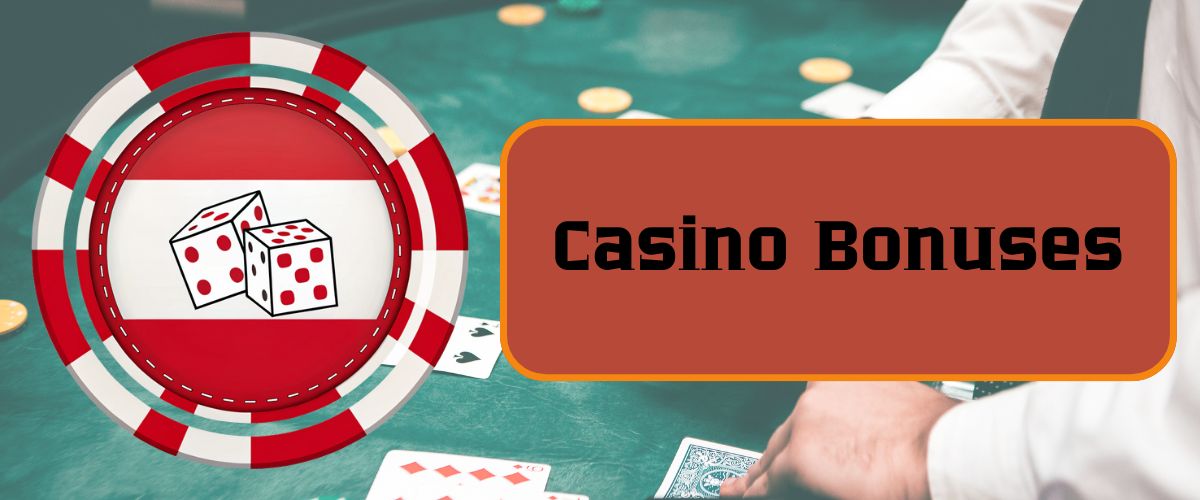
Types of bonuses at online casinos
Casino bonuses are how operators compete for players – they can’t change slot RTPs or blackjack rules (those are set by providers), so they differentiate through promotional offers. Problem is, bonuses vary wildly in actual value once you account for wagering requirements, game restrictions, maximum bet limits, and time constraints. A 200% match bonus sounds amazing until you realize it has 60x wagering on deposit plus bonus, caps withdrawals at $500, and expires in 7 days. Below’s a breakdown of the main bonus types Canadian players encounter, what they actually mean beyond marketing spin, and which situations each works for.
- Casino Welcome Bonuses
These are the flagship offers casinos advertise everywhere – “Sign up and get $1,500 bonus!” or “200% match plus 100 free spins!” Welcome packages often span multiple deposits (first deposit 100% up to $500, second deposit 50% up to $250, third deposit 25% up to $750, etc.). The appeal? Massive bankroll boost if you’re planning to play anyway. The catch? Wagering requirements apply to the entire bonus amount, game contributions vary (slots 100%, table games 10-20%), maximum bets are capped ($5/spin typical), and you can’t withdraw until clearing all requirements. I’ve tested welcome bonuses ranging from genuinely fair (30x bonus-only wagering, 30-day expiry, reasonable game selection) to predatory traps (50x deposit plus bonus wagering, 7-day expiry, $3 max bet limit, withdrawals capped at 10x bonus). Always calculate effective value: a 100% match with 35x wagering is better than 200% with 50x, even though the second number’s bigger. Also check if welcome bonuses exclude certain payment methods (e-wallets like Skrill/Neteller often disqualify you) or provinces (some Ontario-regulated sites have different offers than their offshore versions). Best use case: planning significant play over several weeks and comfortable with wagering math. Worst use case: depositing once, trying to cash out quickly – you’ll forfeit bonuses and maybe face withdrawal friction. - First Deposit Bonuses
Sometimes used interchangeably with welcome bonuses, but technically these are one-time offers for your initial deposit only (versus multi-deposit welcome packages). Structure’s similar: match percentage (50-200% common), maximum cap ($100-$1,000 typical), wagering requirements (25-40x standard), and terms. First deposit bonuses are simpler than complex welcome packages because there’s just one offer to evaluate – deposit $200, get $200 bonus (100% match), wager $8,000 total (40x on $200 bonus), done. Advantage: clarity and immediate value. Disadvantage: you’re done after one deposit – no follow-up offers unless casino has separate reload bonuses. When testing these, I check if they auto-apply or require bonus codes (miss the code, miss the bonus – annoying but common), verify minimum deposits (sometimes $50+ required), and confirm whether wagering is on bonus only or deposit plus bonus (massive difference). First deposit bonuses work well for players who want to try a casino without committing to multi-deposit packages. They’re also safer for testing – if the casino’s sketchy, you’ve only funded once. - Cashback Bonuses
These return a percentage of net losses over a period – usually weekly or monthly. Example: 10% cashback means if you lose $500 in a week, you get $50 back. Some cashback is wager-free (credited as withdrawable cash), others have light wagering (1-5x typical). Best cashback I’ve encountered: 15% weekly, no wagering, credited every Monday for previous week’s losses. Worst: 10% monthly with 30x wagering and only calculated on specific games. Cashback’s appealing because it softens bad variance – even if you’re losing, you’re recovering some funds. But calculate actual value: 10% cashback on $1,000 losses = $100 back. If you’re consistently losing $1,000 weekly, that $100 doesn’t offset much. Cashback works best for high-volume players who’d be gambling that amount anyway; for casual players, it’s marginal value. Also verify if cashback is automatic or requires opting in (some casinos make you request it, hoping you forget), whether it applies to all games or just slots, and if there’s a minimum loss threshold (no cashback unless you lose $100+, for instance). - Monthly Casino Bonuses
These are recurring offers for existing players – reload bonuses that repeat monthly. Structure varies: 50% match up to $200 every first Monday, or 25% match up to $500 on all deposits during a specific week each month. Monthly bonuses keep regulars engaged and funded. They’re typically less generous than welcome bonuses (25-75% matches versus 100-200%) but more sustainable – you can claim them repeatedly if you’re playing regularly anyway. I test these by tracking whether they’re consistent (same offer every month or constantly changing?), verifying if opt-in is required (automatic bonuses are better), checking wagering requirements (should be reasonable since these are for loyal players, not new signups), and confirming if there are deposit caps per month (some limit to one monthly bonus per 30 days). Monthly bonuses suit players who’ve settled into a casino they like and plan to deposit regularly – the recurring value adds up. They’re less useful for casino hoppers chasing welcome offers. - Birthday Casino Bonus
Personalized offers sent during your birthday month – usually free spins, bonus cash ($20-50 common), or enhanced cashback for the week. These are loyalty gestures more than substantial value – nice to have but don’t base casino selection on them. I’ve received birthday bonuses ranging from thoughtful (50 free spins on my favorite slot, wager-free) to insulting (10 free spins with 60x wagering on winnings, $20 max cashout). Some casinos automate these; others require contacting support to request them (annoying – why make loyal players beg?). Birthday bonuses are basically “thanks for staying” tokens. They won’t change your gambling ROI meaningfully but add a bit of personalization. If a casino sends nothing for your birthday despite you being a regular? That’s a minor red flag about how much they value retention versus acquisition. - Non Sticky Bonus
This is a structural type, not a promotional category. “Non-sticky” (also called “soft” or “playable” bonuses) means your real money balance plays first, and the bonus only activates once you’ve depleted real funds. Key advantage: win early with real money? Withdraw immediately, bonus never touches your balance. Example: deposit $100, get $100 non-sticky bonus. You play with your $100, hit a lucky streak, build balance to $300. You can withdraw that $300 instantly because you never dipped into bonus funds. Contrast with “sticky” bonuses where deposit and bonus are blended immediately – you can’t withdraw until clearing all wagering. Non-sticky is player-friendly but rarer because casinos prefer locking players into wagering requirements. When I encounter non-sticky bonuses, I verify they’re truly non-sticky (read terms carefully – some casinos mislabel) and check what happens if you do use bonus funds (often they come with wagering then). Non-sticky suits players who want bonus insurance – if they win fast with their deposit, they’re not trapped in wagering; if they lose, bonus extends playtime. - 100% Casino Bonuses
This refers to the match percentage – casino doubles your deposit. Deposit $100, get $100 bonus, play with $200 total. Common structure for welcome and first deposit bonuses. The “100%” part is just the multiplier; actual value depends on wagering requirements, caps, and terms. I’ve tested 100% bonuses with 25x wagering that were excellent value and others with 50x wagering that were terrible. The match percentage alone tells you nothing – always calculate total wagering needed and compare to your typical play volume. Example: $100 deposit + $100 bonus with 35x wagering on bonus only = $3,500 total wagering. At $1/spin on slots, that’s 3,500 spins. Can you realistically do that before expiry (usually 30 days)? If yes, bonus works. If no, you’re forfeiting it and maybe facing withdrawal complications. 100% matches are standard industry offers – not particularly generous or stingy, just baseline competitive. Better deals exist (150-200% matches with fair terms) and worse deals (100% with brutal wagering). Evaluate the whole package, not just the percentage. - Highroller Bonuses
These target big-spending players – typically requiring $1,000+ deposits and offering better terms than standard bonuses. Example: deposit $2,000, get 75% match ($1,500 bonus) with 25x wagering (versus standard 40x), higher withdrawal limits ($50,000/month versus $5,000), personal account manager, faster payouts, and exclusive tournaments. Highroller bonuses recognize that whales generate more revenue, so casinos compete hard for them. If you’re depositing $5,000+ anyway, highroller treatment makes sense – better ratios, less wagering friction, priority support. But if you’re stretching to reach highroller thresholds just for bonuses? Don’t. The improved terms don’t justify risking more money than you’re comfortable with. I’ve tested highroller bonuses by making legitimate large deposits (painful but necessary for accurate testing) and comparing value to standard offers. Results: genuinely better for high-volume players who’d be betting that much regardless; not worth it for anyone artificially inflating deposits. Also verify highroller status is achievable – some casinos advertise it but make qualification unclear or inconsistent.
Kicker: all bonuses have wagering requirements and restrictions – there’s no such thing as “free money” despite marketing claims. The best bonuses balance generosity with fair, clearable terms. The worst are designed to sound amazing but include impossible conditions ensuring most players forfeit them. Read terms obsessively, calculate realistic wagering, and never chase bonuses at casinos you wouldn’t play at otherwise. A smaller bonus at a trustworthy casino beats a massive bonus at a sketchy one that’ll invent reasons not to pay you.
Top 5 most popular casino games in Canada
Canadian players gravitate toward specific games for reasons beyond just entertainment – some offer better odds, others fit mobile play better, a few provide social elements, and many just hit that sweet spot of simplicity with enough variance to stay interesting. After years of testing casinos and watching play patterns, five games consistently dominate Canadian gambling sessions across both regulated Ontario sites and offshore operators. These aren’t necessarily the games with the best RTPs or lowest house edges (though some qualify), but they’re the ones players actually choose repeatedly when real money’s on the line.
| Game | Description | Pros | Cons |
|---|---|---|---|
| Slots (Video Slots) | The bread and butter of online casinos – spinning reels with themes ranging from ancient Egypt to sci-fi, featuring paylines (1-100+), bonus rounds, free spins, multipliers, and sometimes progressive jackpots. Canadian favourites include Book of Dead, Starburst, Gonzo’s Quest, Mega Moolah, and Immortal Romance. Play by selecting bet size ($0.10-$100+ per spin typical), hitting spin, watching results. Modern slots have RTPs around 95-97%, medium to high volatility, and autoplay features. | ✅ Huge variety – thousands of titles ✅ Works perfectly on mobile ✅ Entertaining themes and graphics ✅ Bonus features add excitement ✅ Low minimum bets ($0.10-0.20 typical) ✅ Progressive jackpots reach millions ✅ No skill required – pure luck ✅ Fast-paced gameplay | ❌ House edge higher than table games ❌ Highly addictive due to speed and features ❌ Easy to lose track of spending ❌ Volatile – can drain bankrolls fast ❌ Bonus rounds can be rare ❌ Auto-spin enables mindless play ❌ Progressive jackpots have brutal odds |
| Blackjack | Classic card game where you’re playing against the dealer trying to reach 21 without busting. Dealt two cards, choose to hit (take another), stand (keep current total), double down (double bet, take one card), or split pairs. Dealer must hit until 17+. Basic strategy reduces house edge to ~0.5% (best odds in most casinos). Online versions include standard blackjack, European, Atlantic City, Vegas Strip, and live dealer variants. Bets typically $1-$500 per hand. | ✅ Lowest house edge with basic strategy ✅ Skill-based – you control decisions ✅ Slower-paced than slots (bankroll lasts longer) ✅ Strategy charts available free online ✅ Live dealer adds social element ✅ Relatively simple rules to learn ✅ Less volatile than slots | ❌ Requires learning basic strategy for best odds ❌ Can be slower (less exciting for some) ❌ Live dealer has higher minimums ($5-25) ❌ Bad players at live tables frustrating ❌ Counting cards impossible online (RNG resets) ❌ Some variants have worse rules ❌ Boring for players wanting big win potential |
| Roulette | Wheel with numbered pockets (0-36 in European, 0-00-36 in American), ball spins and lands in a pocket. Bet on individual numbers, groups (red/black, odd/even, dozens, columns), or combinations. European roulette (single zero) has 2.7% house edge; American (double zero) has 5.26% – always choose European. Online versions include standard, French (la partage rule returns half bet on even-money wagers when zero hits), and live dealer with real wheels. Bets range $0.10-$10,000+ depending on bet type and casino. | ✅ Simple rules – no skill needed ✅ European version has decent house edge ✅ Many betting options (conservative to risky) ✅ Social atmosphere with live dealer ✅ Slower-paced than slots ✅ Can play very conservatively (red/black) ✅ Mobile-friendly | ❌ American roulette has terrible house edge (5.26%) ❌ No strategy affects outcomes (pure luck) ❌ Even-money bets boring for some ❌ Inside bets (single numbers) extremely volatile ❌ Slower wins than slots for action junkies ❌ Martingale systems eventually fail ❌ Live dealer requires stable internet |
| Baccarat | Three-bet game where you wager on Player hand, Banker hand, or Tie. Dealer deals two cards each to Player and Banker positions, highest total (closest to 9) wins. Face cards worth zero, aces worth one, other cards face value. Third card rules are automatic (you don’t choose). Banker bet has lowest house edge (1.06%), Player is 1.24%, Tie is terrible (14%+). Popular with high rollers but accessible at $1-5 minimums online. Live dealer versions dominate. | ✅ Very low house edge on Banker bet ✅ Zero skill required – completely passive ✅ Fast rounds (30-45 seconds) ✅ Feels sophisticated (James Bond mystique) ✅ Simple rules despite seeming complex ✅ Good for high rollers (high limits) ✅ Live dealer widely available | ❌ Boring for players wanting involvement ❌ No decisions to make (passive watching) ❌ Tie bet is sucker bet (14% house edge) ❌ Doesn’t work well without live dealer ❌ Minimum bets sometimes higher ❌ Pattern tracking is superstition, not strategy ❌ Limited excitement versus blackjack |
| Live Dealer Games (Category) | Real human dealers broadcasting via HD video from studios, dealing physical cards/spinning real wheels. Includes live blackjack, roulette, baccarat, poker variants (Caribbean Stud, Three Card), and game shows (Dream Catcher, Monopoly Live, Deal or No Deal). Powered by Evolution Gaming, Pragmatic Play Live, or Playtech. Chat with dealers and players, watch every card dealt, slower-paced than RNG games. Minimums typically $1-10, maximums $5,000-$10,000+. | ✅ Real dealers build trust (not RNG) ✅ Social interaction via chat ✅ Authentic casino atmosphere ✅ Transparent – see every action ✅ Slower pace helps bankroll management ✅ Professional dealers enhance experience ✅ Premium feel versus software games | ❌ Higher minimum bets than RNG games ❌ Requires stable fast internet ❌ Limited hours sometimes (studios close) ❌ Slower gameplay (fewer hands/spins per hour) ❌ Can’t pause or step away easily ❌ Dealer mistakes occasionally happen ❌ Less game variety than RNG library |
Honestly, these five dominate Canadian play for good reasons – slots offer variety and excitement (even if the math sucks), blackjack provides the best odds for skilled players, roulette’s social and straightforward, baccarat’s simple for high rollers, and live dealer bridges the gap between online convenience and physical casino authenticity. If you’re new to online gambling, start with European roulette or blackjack (learn basic strategy first) – both have decent odds and manageable learning curves. If you want pure entertainment without caring about optimal play, slots deliver endless variety. Just remember: all these games have house edges, meaning long-term you’ll lose more than you win mathematically. Play for entertainment with money you can afford to lose completely, not as income strategy.
Top slot providers for Canadian players
Game providers matter more than most players realize – they determine RTPs, volatility, bonus frequency, mobile optimization, and whether games are actually fair or rigged. Casinos don’t create slots themselves; they license games from established developers who specialize in this. The best providers have decades of experience, publish verified RTPs, undergo regular third-party audits (eCOGRA, iTech Labs), and maintain reputations they can’t afford to damage with sketchy practices. The worst pump out reskinned garbage with terrible math and zero accountability. Below are the providers dominating Canadian casino lobbies – not because casinos prefer them arbitrarily, but because players choose their games repeatedly and regulators trust their fairness certifications.
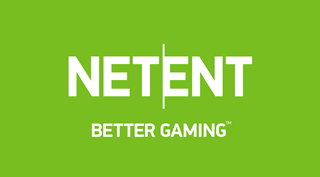
NetEnt (Net Entertainment)
Swedish developer founded in 1996, now owned by Evolution Gaming. Known for high-quality graphics, innovative mechanics, and player-friendly RTPs (96-97% typical). Signature titles include Starburst (the most-played online slot ever – simple, low volatility, frequent small wins), Gonzo’s Quest (avalanche mechanics, multipliers), Dead or Alive 2 (high volatility Western theme), and Mega Fortune (progressive jackpot that’s paid over €20 million multiple times). NetEnt slots work flawlessly on mobile, load fast, and have transparent RTPs published on every game. They pioneered branded slots (Guns N’ Roses, Jumanji, Vikings) and cluster-pays mechanics. Reputation is spotless – licensed in 20+ jurisdictions, audited constantly, and trusted by top-tier casinos. If a casino has NetEnt games, that’s a positive signal about their standards.

Microgaming
Isle of Man-based pioneer (founded 1994), one of the oldest online slot developers. Created the first true online casino software and holds the record for largest online slot jackpot ever paid – £13.2 million on Mega Moolah in 2015. Portfolio includes 800+ games spanning classic slots, video slots, progressive jackpots, and table games. Signature titles: Mega Moolah (progressive jackpot network that’s made dozens of millionaires), Immortal Romance (vampire-themed with complex bonus features), Thunderstruck II (Norse mythology, 243 ways to win), and Book of Oz (high volatility). Microgaming’s strength is variety – they release 2-3 new titles monthly and maintain massive back catalog. RTPs average 95-96%, and they pioneered features like 243/1024 ways to win. Also run independent player protection standards through eCOGRA. Downside: some older titles look dated versus modern competitors, but quality remains solid.
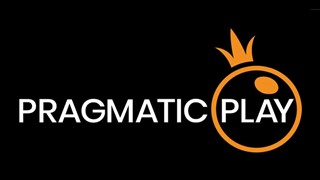
Pragmatic Play
Malta-based provider founded 2015, newer than NetEnt/Microgaming but growing explosively. Known for high volatility slots, frequent bonus buys, and aggressive marketing. Popular titles include Wolf Gold (medium volatility with money respins), Sweet Bonanza (cluster pays, multipliers, extremely volatile), The Dog House (sticky wilds, free spins), and Gates of Olympus (multiplier-heavy, 5000x max win). Pragmatic produces 4-5 new slots monthly – quantity is their strategy. RTPs typically 96%, though some titles offer 94-97% versions (casinos choose which to offer, so verify). They also excel at live dealer games (competing directly with Evolution) and recently launched bingo products. Pragmatic’s controversial for sometimes prioritizing commercial appeal over innovation – many titles feel similar mechanically with different themes slapped on. But players clearly don’t care; their games dominate play charts. Also big in crypto casinos and emerging markets.
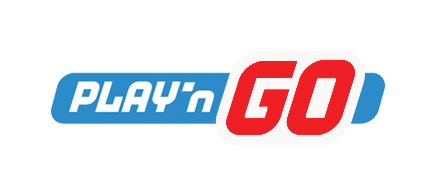
Play’n GO
Swedish developer founded 2005, specializing in mobile-first design and high volatility slots. Best known for Book of Dead (basically the most-copied slot ever – Egyptian theme, expanding symbols, 5000x max win potential, insanely popular despite simple mechanics). Other hits include Reactoonz (cluster pays aliens with cascading wins), Fire Joker (classic fruit machine with respins), Moon Princess (anime-style with multipliers), and Rich Wilde series (adventure-themed sequels to Book of Dead). Play’n GO releases 20+ titles yearly and pioneered mobile optimization before it was standard. RTPs typically 94-96.5% (verify specific games). Their slots lean heavily toward high volatility – expect long dry spells punctuated by occasional big hits. This appeals to bonus hunters and streamers chasing highlight-reel wins but murders bankrolls for casual players. Quality is inconsistent – some titles are brilliant, others feel rushed. But when they hit, they create iconic games the entire industry copies.

Evolution Gaming
Swedish company founded 2006, absolute king of live dealer content – not technically a slot provider but dominates live casino so thoroughly they’re essential to mention. Produces 95% of quality live dealer games globally: blackjack, roulette, baccarat, poker variants, and game shows (Dream Catcher, Monopoly Live, Crazy Time). Their studios broadcast 24/7 from Malta, Latvia, and other locations with professional dealers, multiple camera angles, and flawless streaming quality. Evolution’s competitive moat is execution – competitors can’t match their production quality, dealer training, or game variety. They also acquired NetEnt (2020) and Red Tiger (2019), expanding into RNG slots while dominating live dealer. If a casino has Evolution live games, that’s a major quality indicator. Their stuff isn’t cheap to license, so casinos featuring them are investing in player experience.
These providers dominate for good reasons – proven track records, regulatory compliance, fair RTPs, innovative features, and player trust built over years. When evaluating casinos, check which providers they license. Sites featuring NetEnt, Microgaming, Pragmatic Play, Play’n GO, and Evolution are investing in quality content. Sites dominated by obscure providers you’ve never heard of (Apollo, Amatic, EGT) might be cutting costs with inferior games or worse, offering pirated versions. Reputable providers publish partner lists on their websites – if a casino claims NetEnt games but isn’t on NetEnt’s official partner list, those games are fake. Stick with known providers, verify casino partnerships when possible, and remember that even great providers have duds – not every slot’s a winner, but at least the math is fair.
Payment methods at Canadian online casinos
Payment flexibility matters more than most players realize until they hit withdrawal problems. The best Canadian casinos offer 8-12 different deposit methods and 4-6 withdrawal options, covering everything from traditional banking to e-wallets to cryptocurrency. Worst casinos limit you to one or two methods, often with hidden fees or processing delays. Below are the main payment options Canadian players encounter – not every casino offers all of them (that’d be rare), but the good ones provide enough variety that you can find methods matching your priorities for speed, privacy, fees, and convenience.
Responsible and safe gambling organizations, regulations, and laws
Gambling problems don’t announce themselves with sirens – they creep up gradually as “just one more spin” becomes “hiding deposits from your partner” becomes “borrowing money you can’t repay.” The good news? Canada has robust support infrastructure for problem gambling, and it’s all free, confidential, and accessible regardless of where you’re playing. Don’t wait until things are catastrophic to reach out. If you’re lying about gambling, chasing losses obsessively, gambling with money meant for bills, or feeling constant anxiety about gambling decisions, that’s your signal to get help now, not later.
The Responsible Gambling Council (RGC) operates nationally and provides comprehensive resources: self-assessment tools to evaluate if your gambling’s problematic, treatment referrals across Canada, educational materials for families dealing with gambling issues, and research on problem gambling patterns. Their national helpline (1-888-391-1111) connects you to local support services 24/7 in English and French, completely confidentially. You don’t need to give your name, and calls don’t appear on phone bills. RGC also maintains GameSense, an education program explaining odds, house edges, and how gambling actually works mathematically – understanding the math helps dispel illusions about “beating the system” or recovering losses through more gambling.
Provincial support varies by region but is universally free. Ontario residents can contact ConnexOntario (1-866-531-2600) for mental health and addiction services including problem gambling counselling, residential treatment programs, and family support. Problem Gambling Institute of Ontario (PGIO) provides research and clinical services. British Columbia operates through the BC Responsible & Problem Gambling Program with helpline (1-888-795-6111). Quebec has Gambling: Help and Referral services (1-800-461-0140). Alberta offers support through Alberta Health Services Addiction & Mental Health (1-866-332-2322). Every province has free problem gambling services – Google “[your province] problem gambling help” to find local resources.
For immediate intervention, Gambling Therapy provides global online support including Canada-specific resources, live chat counselling, forums where people share experiences, and self-exclusion guidance. GamTalk offers peer support groups and moderated chat rooms. If you’re concerned about a family member’s gambling, Gam-Anon provides support groups for affected relatives. For self-exclusion from all AGCO-licensed Ontario casinos, register through iGaming Ontario’s self-exclusion portal. Most provinces have similar exclusion registries. Remember: seeking help isn’t failure or weakness – it’s the smartest gambling decision you can make if things have gone sideways. These organizations exist specifically because gambling problems are common, treatable, and nothing to be ashamed about. Use them.
Reality Check Time
The truth about legal online casinos versus best online casinos is that sometimes they’re the same thing, sometimes they’re not. The regulated ones follow rules but might be boring. The offshore champions might have better games but less oversight.
My advice? Start small, learn what you like, and remember that the house always has an edge. If you’re winning consistently, you’re either very lucky or you’re not playing long enough. Keep it fun, keep it reasonable, and don’t chase losses unless you enjoy financial stress.
The Canadian online casino scene will keep evolving. New sites will launch, others will disappear, and regulations will probably change again. But at least now you know what you’re getting into.




